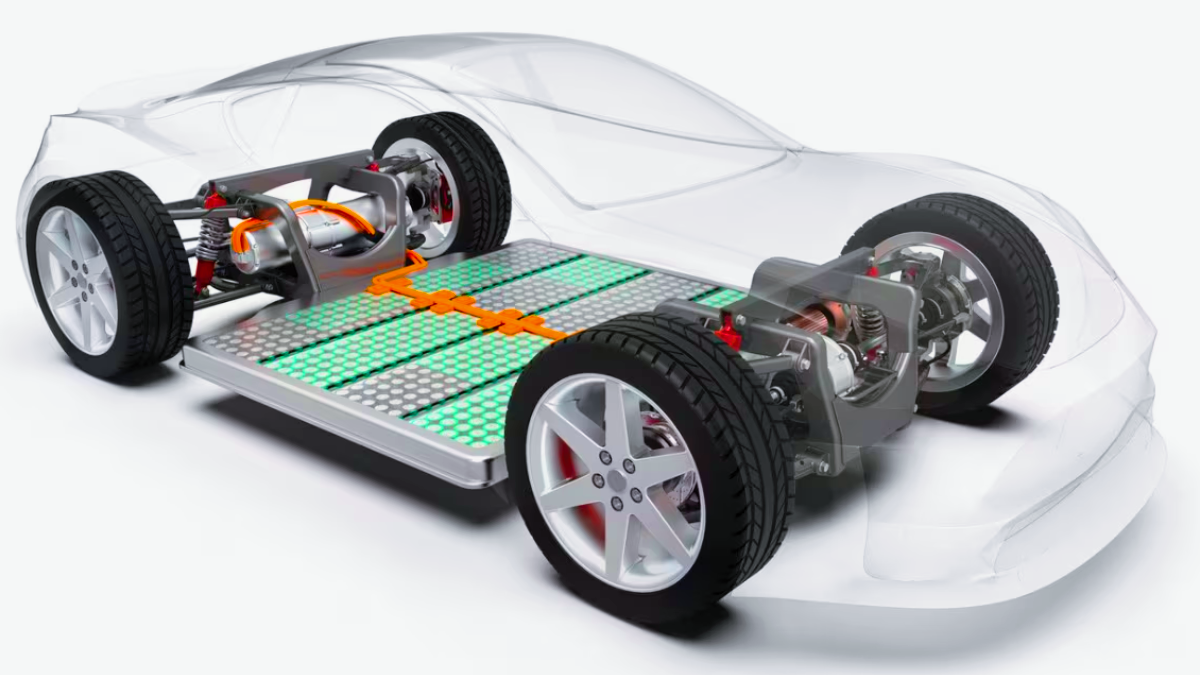
If you’ve made up your mind to buy a new car or even an old or used car for the first time in a blue moon, it won’t have escaped your attention that electric cars are now available everywhere.
Virtually every mainstream manufacturer offers a range of electric cars on sale already or will plan to in the very near future. Not minimal because the sale of new gasoline and diesel vehicles is set to be outlawed in 2030. Even hybrids, which blend engines with electric power, will be forbidden by 2035. Nope, emissions aren’t trendy any more.
Anyway, those deadlines mean lots of people are now at the initial stage of what we’ll regrettably refer to as their ‘electric car journey’, and so will be asking themselves questions like, ‘What is an electric car, exactly?’ and ‘How do electric cars work?
You may be among them. If so, congratulations! You’re in the right place to have your most pressing electric car questions answered. Carry on scrolling, and we’ll take you up to rapid speed with the very nature of this exciting new land on the Planet Car map.
What’s an electric car? And what’s an EV?
Let’s start at the very beginning:
An electric car is simply any other car that prefers electricity as its primary option of propulsion. Rather than an engine and fuel tank, most electric cars use one or more electric motors to generate propulsion, which are initiated by a battery, similar to the one you’ll find in your smartphone. Only bigger. Much bigger.
‘EV’ stands for ‘electric vehicle’, and the short form type has become common parlance among car-writing types who easily get fed up with typing out ‘electric vehicle’ every time it comes up. Lethargic so and so’s, eh?
And what does BEV mean?
BEV is merely an extension of EV, which justifies the meaning ‘battery electric vehicle’. This term is usually deployed to differentiate between different types of ‘electrified’ vehicles, as in those that have an electric component in the powertrain but aren’t themselves fully electric. Ever heard the saying self-charging hybrid’ or ‘plug-in hybrid’? Yes, those are not said to be BEVs.
The battery in an electric vehicle usually (but sometimes) appears on the floor of the car and comprises hundreds, but not thousands, of individual cells. You charge an electric car by plugging it into a socket with the help of a cable, the same as your phone.
How do electric cars work?
Not every electric car set-up is similar, but normally speaking, electric cars work by utilizing energy stored in a battery to feed one or more electric motors to provide drive. Mechanically, they are much easier than internal combustion powertrains as they have only single moving parts, with motors harnessing the force that’s created by running a current through a magnetic field, for example, electromagnetism or physics lovers.
Almost every electric car makes do without a gearbox, which clarifies that there’s no clutch pedal, just a brake and an accelerator. So they drive like automatics; they are not technical.
Something you’ll need to get used to is that electric cars are virtually silent, with very minimal motor noise compared to that of a typical engine. It’s very strange at first, but you’ll get used to it.
Another side advantage of using electric motors is something known as regenerative braking: when you lift off the throttle to slow down, the motors can be used to harvest recycled electricity from that forward momentum, which slows you down without using the brake pedal and simultaneously gives you a bit more juice for driving.
Are all electric cars zero-emission?
All electric cars have zero tailpipe emissions because they have, er, no tailpipe. Basically, when you drive around, there isn’t a steady stream of CO2 and other harmful gases spewing out the back. And at the very least, that’s good for air quality, especially in built-up areas.
But are electric cars truly zero-emission things? That’s where people are divided. Some people (quite fairly) know that if the electricity has been generated by a coal or gas power station, then there’s still a CO2 cost to factor into EV driving. This is something that can be improved over the coming decades as we positively adopt more green sources of energy.
Critics also highlight that electric cars tend to be more expensive to manufacture than internal combustion vehicles due to the precious, expensive metals used in current battery technology, like cobalt, lithium, etc., and the requirement to pack them onto shipping containers to feed production lines. Repeatedly, it’s a long-term concern that should improve the greener we go and the more advanced the technology gets.
Is an electric car right for me?
Now that’s the heavy question. We won’t go into a fully-fledged personal assessment here, but you’ll need to uplift a few things: initially, the purchasing costs of an EV because the technology is new; they tend to be more costly than equivalent petrol and diesel cars; and how much you’d make from running on electricity, which, if you charge up at home, should be of lower cost per mile than if you were using fuel from a pump.
There is a factor in what kind of driving you do: lots of short trips to end from home or long-distance travel from one end of the country to the other? Electric cars are somewhat bounded by range, with the largest-range electric cars offering 300+ miles from a single charge. Is that enough for you? And if it isn’t, can you search for a super-fast charging point on your route to top up as required? Welcome to the dilemmas of electric-car driving.
